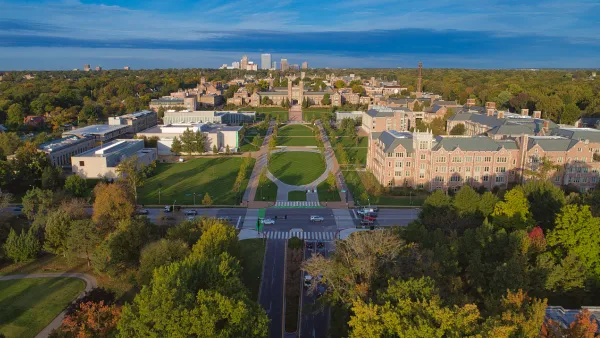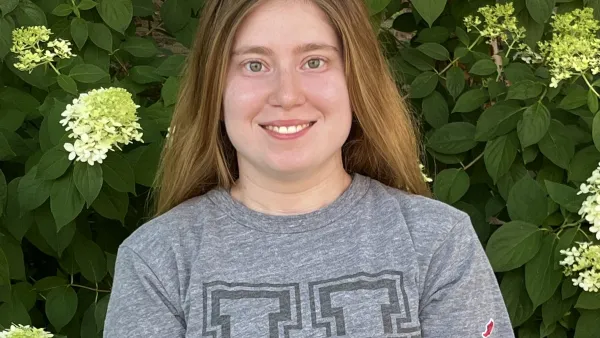The work looks at the impact of COVID-19 on metabolic pathways and metabolites.
Gary Patti, the Michael and Tana Powell Professor of Chemistry in Arts & Sciences, has received grants totaling $1.5 million from the National Institutes of Health in support of research on metabolic pathways and their connection with diseases like COVID-19. Staff scientists Dhanalakshmi Anbukumar and Miriam Sindelar, working with Patti in the Department of Chemistry, are spearheading the project titled “Leveraging a Metabolomics Resource for Model Organisms to Understand COVID-19 Pathogenesis.”

The team’s focus is on understanding how the disease progression, or pathogenesis, of COVID-19 affects metabolic pathways. Living cells are sustained by a series of chemical reactions that convert substrates to energy and biomass; these reaction chains are known as metabolic pathways.
“For years, the Patti Lab has been developing methodologies to identify and quantify small molecules, or metabolites, in human blood,” Sindelar explained. “Our preliminary work points to changes in many of these metabolites during COVID-19 disease pathogenesis. Our goal is to identify which specific metabolites are altered and determine why. These alterations might help identify, early on, which patients are likely to need intensive medical care.”

“We’ve been working towards defining the metabolic pathways associated with physiology and various disease states by analyzing human plasma with our metabolomics platform,” Anbukumar added. “This award allows us to extend our insight into metabolic alterations in COVID-19 patients to potentially inform healthcare providers of prognostic outcomes. Furthermore, by harnessing the power of animal models to recapitulate the metabolic signatures found in human disease, we lay the foundation to test multiple therapeutics. Metabolic changes associated with therapies used in treating COVID-19 will allow us to better understand treatment options and courses.”
In addition to their outstanding scientists, the Patti Lab leverages state-of-the-art facilities and close collaborations with various hospitals to carry out their research. Anbukumar and Sindelar point specifically to the recently built metabolomics facility in Bryan Hall on Danforth Campus, which houses multiple high-end mass spectrometers, and the team’s access to a unique set of COVID-19 patient samples through the WU-350 study as key components in the success of this project.
To learn more about how Arts & Sciences faculty, students, and staff are responding to COVID-19, visit our COVID stories page.



